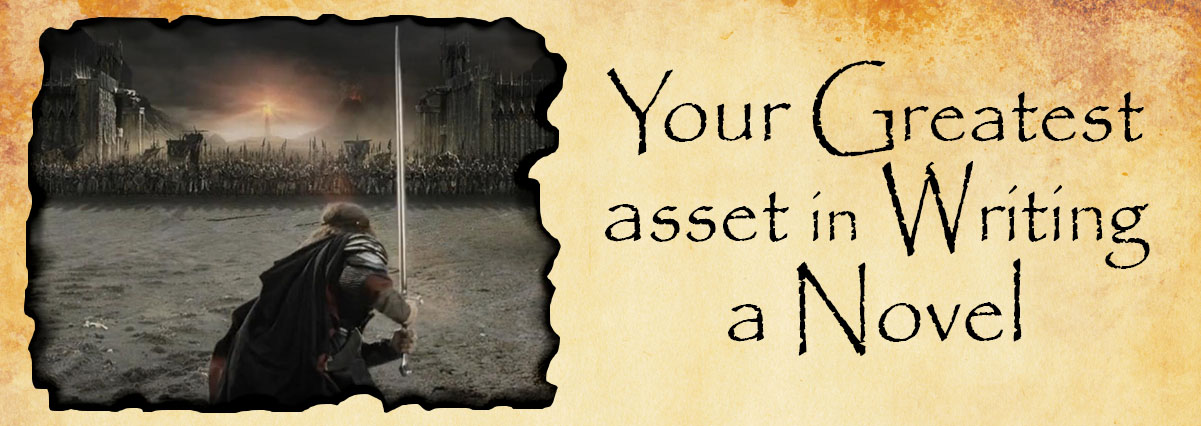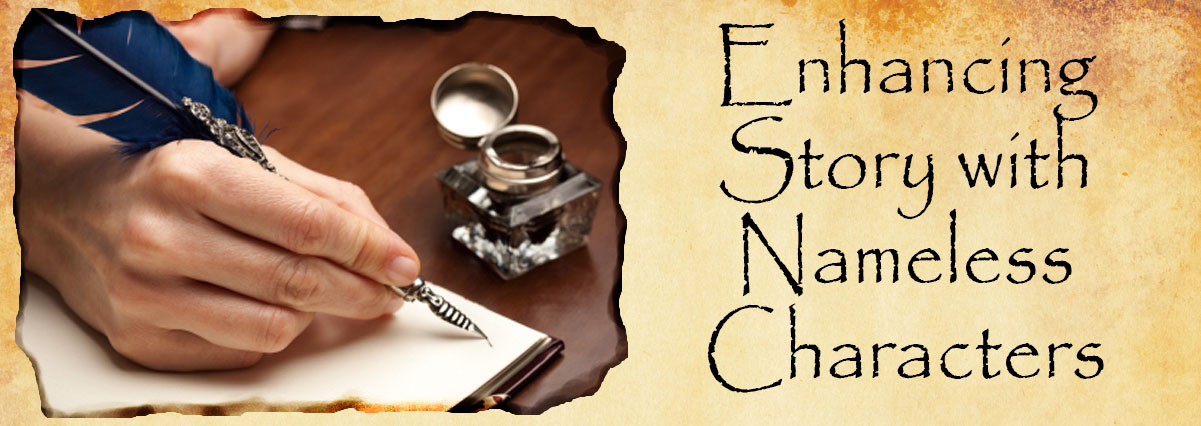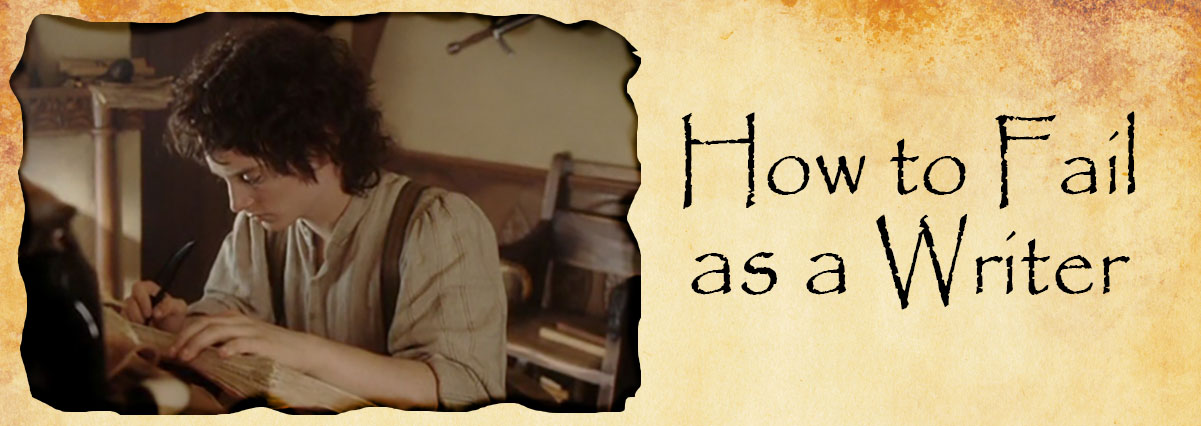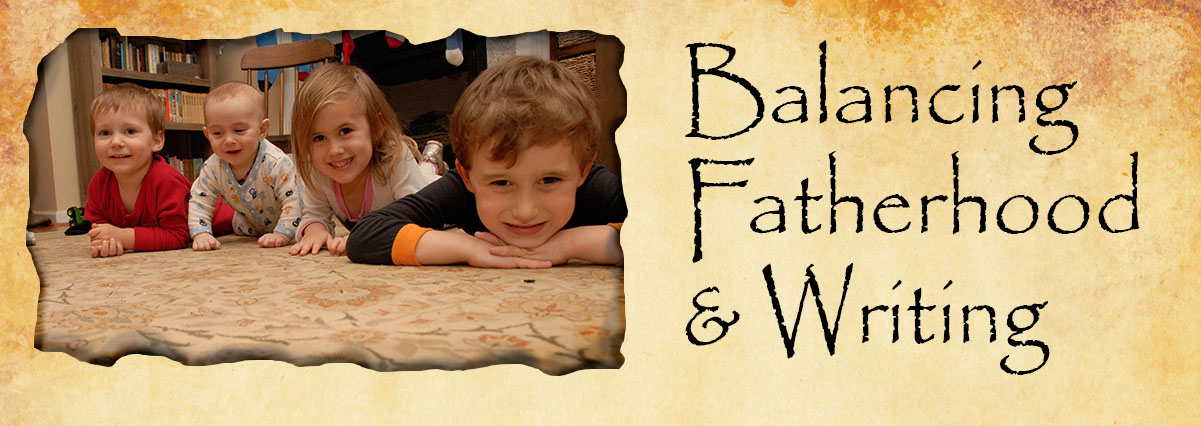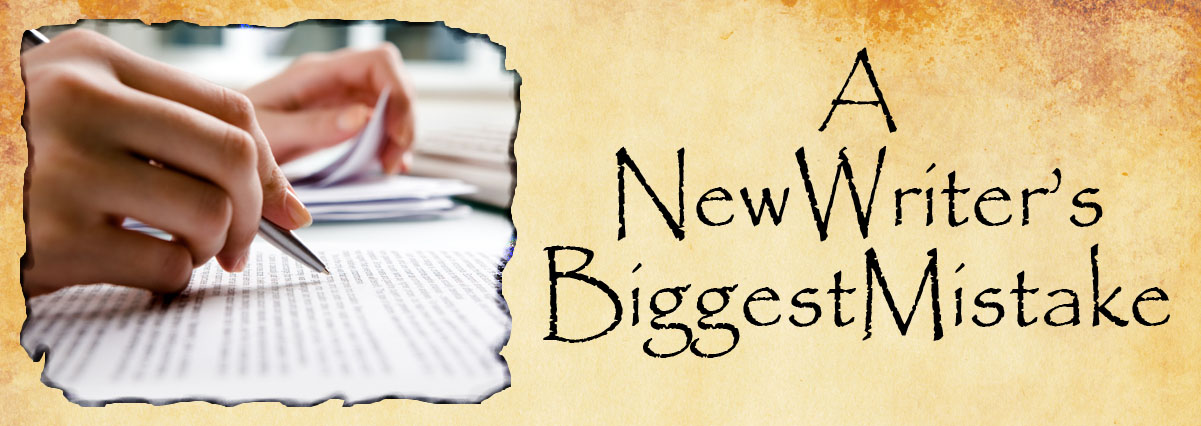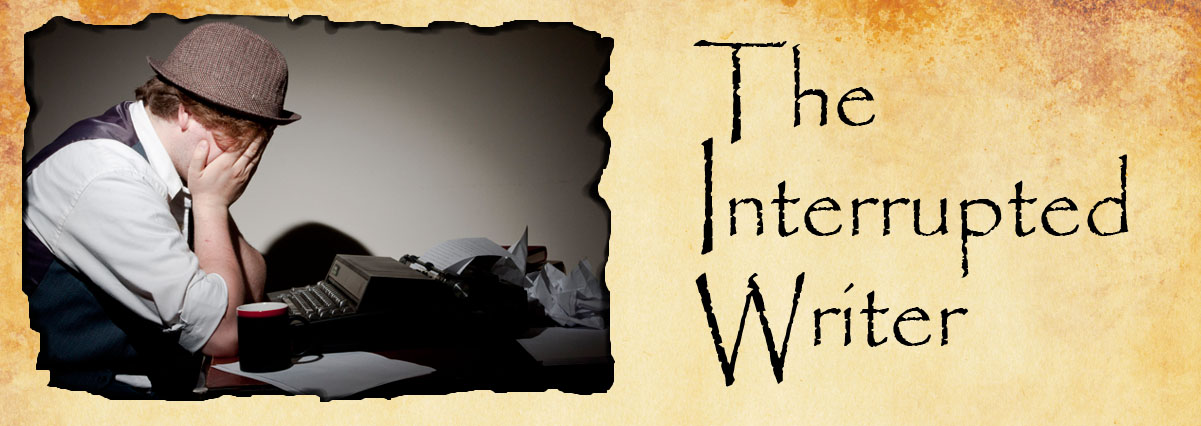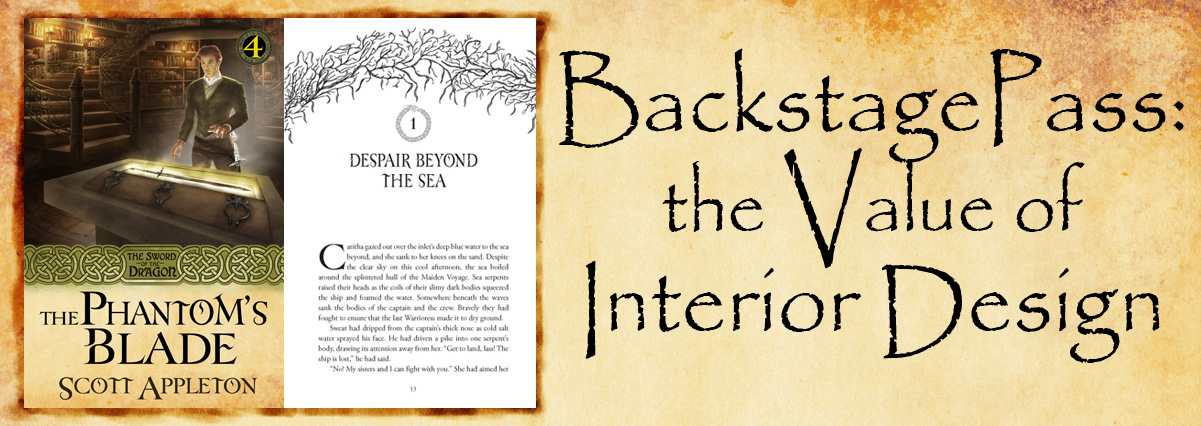Your greatest asset in writing a novel
I can’t tell you how many times I encounter people who, after hearing that I am an author, tell me that they had a book idea and someday they will write it. You want to know the truth? Most of those people will never write a book. Most will start at some point, then they with either lose interest or prioritize other tasks. They discover that writing an entire book is not so easy as they thought. Yep, it takes blood, sweat, and tears. The majority of people lack the key asset needed to finish a novel: perseverance.
To set out and write a novel means you are committing to writing 50,000 to 80,000 or 100,000-plus-words. Not a small task!
Perseverance will be your greatest virtue.
During the writing of my novels I have encountered so many obstacles that could have stopped me from completing the task. But writing is a love and a passion. It is an unquenchable desire that grows and must be exercised in order for the soul to find a measure of contentment. Distractions of family, friends, work, home, and entertainment can all stop you from completing your novel. But if you persevere through the distractions you can learn to use them to advantage.
The distractions are a tool for you to use. Family and friends provide inspiration. Just listen to the people around you. Watch their behaviors, their interactions. Listen to the way they speak. Try to understand their motivations and their convictions. Then process that information into inspiration for what you are writing. Inspiration for your characters and their world. Persevere through the distractions to find the inspiration. Persevere to finish the work you started.
In our world of instant gratification the greatest liability we face is our own distraction. We need to center our minds, hone our focus. Discipline is our ally and perseverance is our greatest asset. Without perseverance nothing noble can be accomplished. With perseverance anything is possible. Writing a novel is hard work, yet the reward of having completed it and then sharing it with others is vastly satisfying.
Q: What is the greatest hindrance you face in completing a novel?
